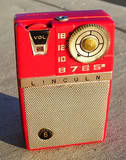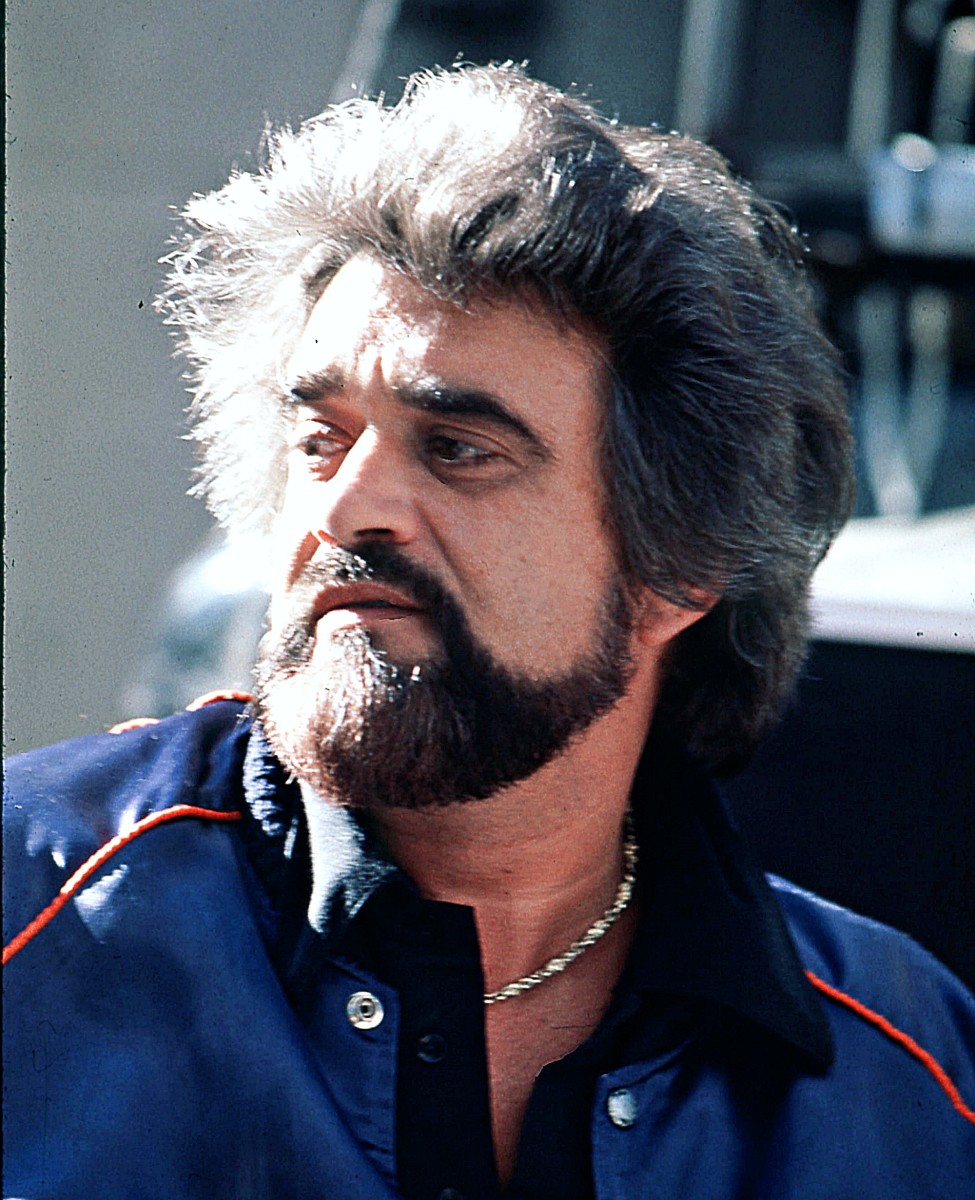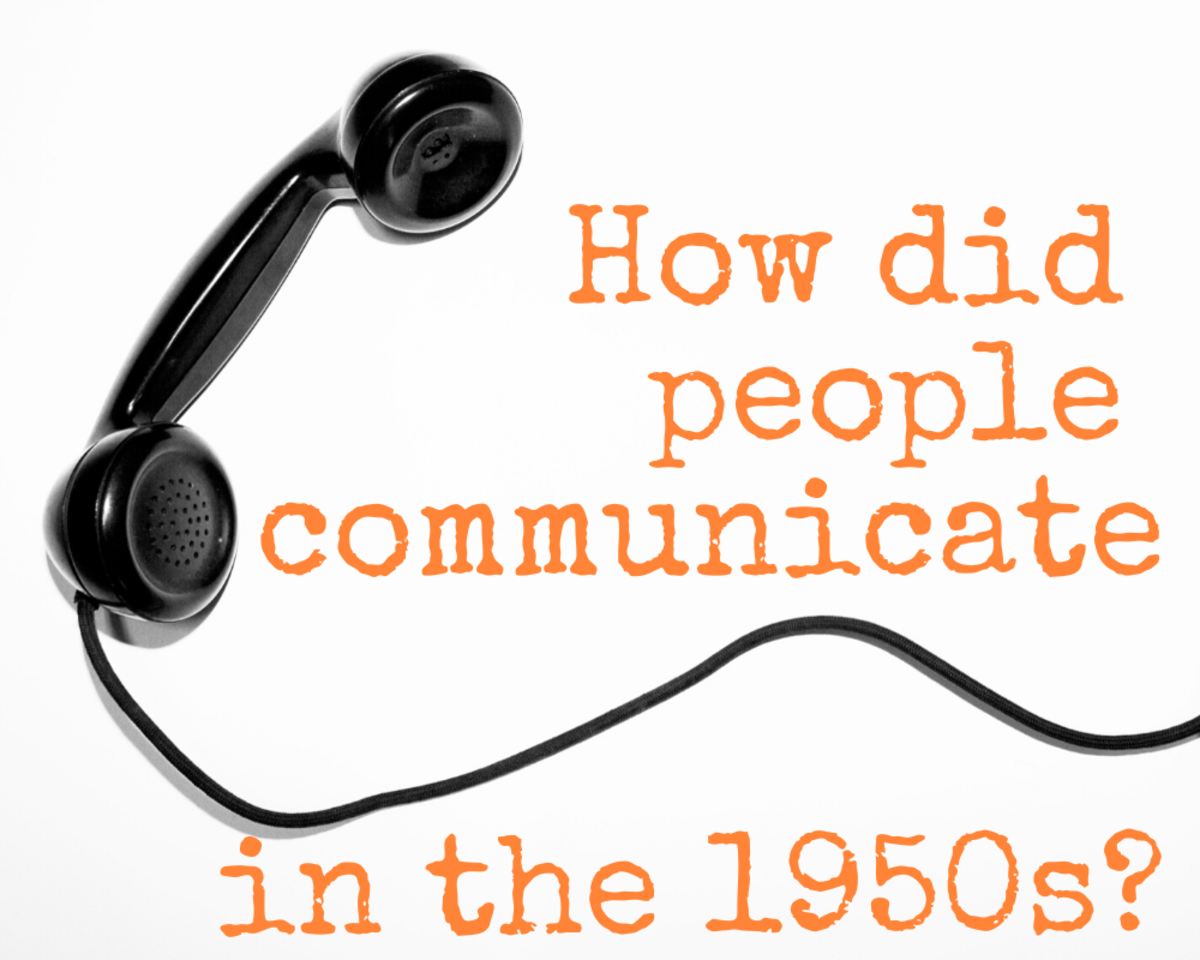Tuning In - The Rebirth of Radio
Does Anybody Still Listen to The Radio?
In this day and age, how many people still listen to the radio?
Most of my exposure to music comes to me by browsing the internet or going on itunes or listening to my own CD collection.
The only time I listen to the radio is when I am forced to when my alarm goes off at 6:10 a.m. every morning; I get woken up by a song.
So when did I tune out? It was in about 1983 I think - 30 years ago!
But this got me thinking - has everybody else stopped listening to the radio or am I the only one?
Has radio got the chutzpah to survive in this new world of music on the move - through Pandora and the likes?
Radio as a media may be older than our great grandparents but has it moved with the times?
Is radio alive and well in 2013?

Radio Days - The Golden Age of Radio
In the USA, the golden age of radio started in the 1920s and lasted right until the 1950s when television became the most popular media and radio producers finally acknowledged that radio would have to take second place to this new, modern visual media.
The UK didn't have any pop music on radio until pirate radio stations set themselves up in the 1960s.
So radio was beaten down by television, and video in its turn (think of The Buggles, 'Video Killed The Radio Star') and then television's music programmes like Top of The Pops gave way to MTV, VH1 and now about 100 satellite channels devoted to nothing but music.
So is radio still dying? Has the internet sounded the death knell for radio?
In a word....NO!


In 2012 Radio Was Never More Popular!
In the USA at the present time there are almost 13,500 radio stations.
Over 6,000 of these are commercial FM stations, the others are either educational FM stations or AM stations.
Evidence in 2010 actually showed that in 2009, radio listeners over the age of 12 increased by about 5% on the last listener figures taken in 2005.
An amazing number of people tune in to radio - an estimated 246 million Americans listen to the radio every day.
More recently, there has been emphasis on including FM radio on more low end mobile phones too which shows that radio still has an audience. Its integration onto modern technology is proof of its renaissance as a popular medium.
Radio in some ways takes the work out of music selection. I have an ipod Touch but occasionally like to 'shuffle' my songs just so that I get a chance to hear a bit of everything that I like rather than my usual favourite Cocteau Twins albums.
So what has radio done right to keep its listeners?
In the UK, it has realised the potential in having great DJs like Christian O'Connell (Absolute Radio), a professional disc jockey with a great personality.
Christian talks about Twitter, Facebook, his PC, his wife, his kids, the TV, the radio, music, sport - you name it, he can keep you entertained. He also gets a listener to pick a wake up song every morning - this is the one song I listen to on the radio every day (see the video below for today's choice!)
The music list is extensive and interesting - new music and the best of the older music.
In the USA, it has been the ability to change quickly which has kept radio popular. Teenagers in general are using the internet but radio has hung on to a core demographic between the ages of 20 to 70.
If an internet site needs to change something, they usually need to get a programmer or HTML bod in to do it, radio adapts much more quickly to public tastes.
Some American radio station providers have gone out of their way to celebrate America's cultural diversity with Hispanic stations showing the greatest rise in new stations and listeners.
Local companies also prefer the smaller, surer media of radio to reach their core (local) audiences and radio ads are much cheaper than TV ads.
So a media which should have lost its footing in this new technological world is, at the moment anyway, at least holding its own. Long may it last!
Many thanks for reading.








